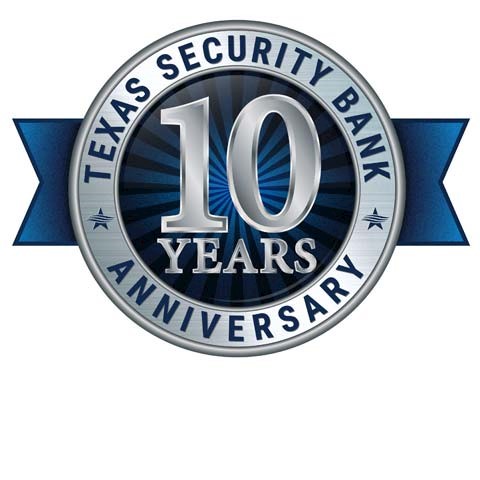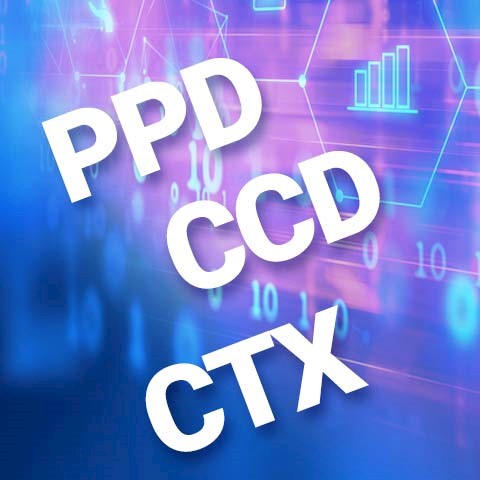The New ‘Beneficial Ownership’ Rule mandated by FinCEN takes effect May 11, 2018
Effective May 11, 2018 all federally regulated Financial institutions will be required to comply with this new rule regarding “Beneficial Ownership” by applying a new two-prong identity test.
The first is the “ownership prong” which includes everyone who directly or indirectly owns 25 percent or more of the equity interests of a legal entity customer. The second is the “control prong,” which includes a single individual with significant responsibility to control, manage, or direct a legal entity customer. This control can be exerted by an executive officer or manager (e.g. CEO, CFO, COO, managing director, general partner, president, etc.) or any individual who regularly performs similar functions. Therefore, the number of reportable individuals may vary between one and five: up to four individuals under the ownership prong (using the 25 percent threshold), and only one individual must be identified to satisfy the control prong. It is possible for the same person to be identified under both prongs.

Celebrating 10 Years
Ten years ago, on May 5, 2008, a group of local bankers and business people led by our CEO/Chairman & President Craig Scheef, realized one of the greatest opportunities available in our country ~ Free Enterprise! Since that day we have been laser focused on one thing, Elevating the Champions of Free Enterprise. Our goal is to deliver exemplary service, build strong relationships and offer competitive products and services designed to meet the needs of business owners and operators. We would like to take this opportunity to say, “Thank You” to all our clients and friends who continue to take this journey with us.

Great Leadership
Much has been written on the topic of Leadership and I find it difficult to share anything new on the topic. Nonetheless, Texas Security Bank is committed to Elevating the Champions of Free Enterprise and to a large extent, every entrepreneur’s success is tied to their ability to Lead, so I am obliged to share some of my thoughts about Leadership that I have discovered over the 30 years I have worked with business owners.

New CSR Russell Coleman
Russell was born and raised in Saginaw, MI where most of his family still resides. He relocated to the Dallas area in early 2012 after matriculating through Jackson State University of Jackson, MS. Russell brings experience from both Capital One Bank and Wells Fargo as he steps into his new role here at Texas Security Bank as a Client Support Representative. Russell plans to acquire a vast amount of knowledge in financial services with aspirations of joining our compliance team in the future.
Russell Coleman III
Client Support Representative III, Customer Service,
3212 Beltline Rd. | Farmers Branch, Texas 75234
469.398.4881 office | 469.398.4884 main
[email protected]

Customer Service Spotlight: Online Chat
Our customer service team answered 2204 calls last month, 2576 emails and only 17 online chat sessions. Wow! That’s exactly what I said. What a missed opportunity for us and our clients. Online Chat is a convenient, fast and time saving way to get the service you need when you need it. Next time you need service I encourage you to try it out.
Visit www.texassecuritybank.com/help or find the chat icons on the bottom of each online page in our cash management system and on the top of every page in our standard online system.

What is a SEC Code and why is it important?
Standard Entry Class (SEC) Code – a three-character code that identifies the type of entry.
The SEC Code for ACH Origination is critical as it ultimately rules the transaction as well as any subsequent returns. Texas Security Bank clients should use one of the following SEC Codes:
- PPD – a credit or debit Entry initiated by an Organization to a Consumer Account of a Receiver based on a standing or Single Entry Authorization from the Receiver.
- CCD – a credit, a debit, or a Non-Monetary Entry originated by an Organization to or from the account of that Organization or another Organization.
- CTX – a credit Entry, a debit Entry, or Non-Monetary Entry originated by an Organization to or from the account of that Organization or another Organization and accompanied by one or more Addenda Records, up to a maximum of 9,999.
For free access to the NACHA Operating Rules, the link to the ACH Rules is at www.achrulesonline.org and then click on "Basic User" under New Account. And, input the user name and email address for read-only access to the ACH Rules.

